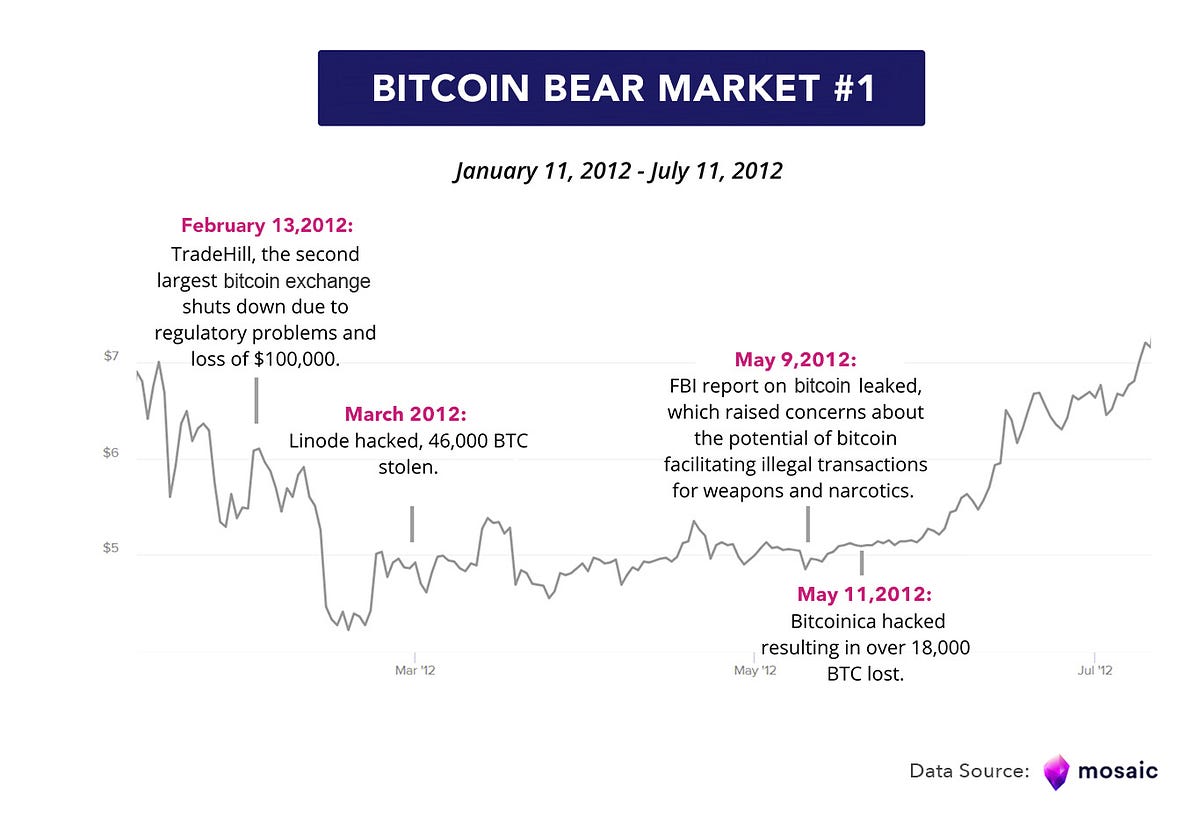The Evolution of Crypto Marketplaces

- The Rise of Decentralized Exchanges
- The Impact of NFTs on Crypto Marketplaces
- Regulatory Challenges in the Crypto Marketplace
- The Role of Smart Contracts in Crypto Trading
- The Emergence of Peer-to-Peer Trading Platforms
- The Future of Crypto Marketplaces: Trends and Predictions
The Rise of Decentralized Exchanges
The rise of decentralized exchanges (DEXs) has been a significant development in the evolution of crypto marketplaces. Unlike traditional centralized exchanges, DEXs operate without a central authority, allowing users to trade directly with one another using smart contracts. This peer-to-peer trading model offers increased security, privacy, and control over funds, making it an attractive option for many cryptocurrency traders.
One of the key advantages of DEXs is their resistance to censorship and hacking, as there is no single point of failure for malicious actors to target. This decentralized nature also means that users do not need to trust a third party to hold their funds, reducing the risk of theft or loss. Additionally, DEXs often have lower fees compared to centralized exchanges, making them a cost-effective option for frequent traders.
As the popularity of DEXs continues to grow, more projects are being developed to enhance their functionality and user experience. Some DEXs are now offering advanced trading features, such as margin trading and derivatives, to attract a wider range of traders. Others are focusing on improving liquidity and user interface design to make the trading experience more seamless and intuitive.
Overall, the rise of decentralized exchanges represents a shift towards a more democratized and secure trading environment in the cryptocurrency space. With their innovative technology and user-centric approach, DEXs are poised to play a significant role in shaping the future of crypto marketplaces.
The Impact of NFTs on Crypto Marketplaces
The emergence of Non-Fungible Tokens (NFTs) has had a significant impact on the crypto marketplaces. NFTs are unique digital assets that represent ownership of a particular item or piece of content. They have gained popularity for their ability to provide proof of ownership and authenticity in a digital environment. As a result, NFTs have brought a new level of excitement and innovation to the crypto space.
One of the key ways in which NFTs have influenced crypto marketplaces is by creating new opportunities for artists, creators, and collectors to buy, sell, and trade digital assets. NFTs have opened up a whole new world of possibilities for creators to monetize their work and connect with a global audience. This has led to a surge in interest in digital art, collectibles, and other unique assets that can be tokenized as NFTs.
Furthermore, the introduction of NFTs has brought a new wave of investors into the crypto marketplaces. Collectors and enthusiasts are now flocking to NFT platforms to purchase rare digital assets and participate in online auctions. This increased demand for NFTs has driven up prices and created a sense of scarcity around certain digital items, leading to a booming market for these unique tokens.
Overall, the impact of NFTs on crypto marketplaces has been profound. They have revolutionized the way digital assets are bought, sold, and traded, opening up new opportunities for creators and investors alike. As the NFT space continues to evolve, it will be interesting to see how these unique tokens shape the future of the crypto marketplaces.
Regulatory Challenges in the Crypto Marketplace
Regulatory challenges in the crypto marketplace are a significant concern for both investors and industry participants. The lack of clear guidelines and oversight from regulatory bodies has created uncertainty and volatility in the market. This has led to a lack of trust among traditional investors and hindered the mainstream adoption of cryptocurrencies.
One of the main issues facing the crypto marketplace is the classification of digital assets. Different regulatory bodies around the world have varying definitions of what constitutes a cryptocurrency, which can lead to confusion and conflicting regulations. This lack of uniformity makes it difficult for businesses to operate across borders and comply with all relevant laws.
Another challenge is the prevention of fraud and market manipulation. The decentralized nature of cryptocurrencies makes it difficult to track and regulate illicit activities. This has led to concerns about the use of digital assets for money laundering, terrorist financing, and other illegal activities. Regulatory bodies are struggling to keep up with the evolving technology and find ways to protect investors without stifling innovation.
Furthermore, the issue of consumer protection is a key concern in the crypto marketplace. The lack of regulation means that investors are at risk of losing their funds due to hacks, scams, and other security breaches. Without proper safeguards in place, individuals may be hesitant to participate in the market, which can slow down its growth and development.
In conclusion, regulatory challenges in the crypto marketplace are complex and multifaceted. It is crucial for policymakers, industry leaders, and investors to work together to find solutions that balance innovation with consumer protection and regulatory compliance. Only through collaboration and dialogue can the crypto marketplace evolve and thrive in a sustainable manner.
The Role of Smart Contracts in Crypto Trading
Smart contracts play a crucial role in the world of crypto trading, revolutionizing the way transactions are conducted on blockchain platforms. These self-executing contracts are coded with predefined rules and automatically execute when certain conditions are met. This eliminates the need for intermediaries, streamlining the trading process and reducing the risk of fraud.
By utilizing smart contracts, crypto traders can ensure that their transactions are secure, transparent, and irreversible. This level of automation not only increases efficiency but also minimizes the potential for human error. Additionally, smart contracts enable the creation of decentralized exchanges, where users can trade directly with one another without relying on a central authority.
One of the key benefits of smart contracts in crypto trading is the ability to program complex trading strategies and execute them automatically. This can help traders take advantage of market opportunities in real-time, without the need for manual intervention. Furthermore, smart contracts can facilitate the trading of digital assets that represent real-world commodities, such as gold or real estate.
Overall, smart contracts are transforming the landscape of crypto marketplaces by providing a secure, efficient, and decentralized trading environment. As the technology continues to evolve, we can expect to see even more innovative applications of smart contracts in the world of crypto trading.
The Emergence of Peer-to-Peer Trading Platforms
Peer-to-peer trading platforms have become increasingly popular in the world of cryptocurrency. These platforms allow users to trade directly with one another, cutting out the need for intermediaries. This not only reduces fees but also provides a more decentralized and secure trading experience.
One of the key benefits of peer-to-peer trading platforms is the ability for users to maintain control over their funds throughout the trading process. By using smart contracts and escrow services, these platforms ensure that transactions are secure and that both parties fulfill their obligations.
Additionally, peer-to-peer trading platforms offer a wider range of trading options compared to traditional exchanges. Users can trade a variety of cryptocurrencies, as well as tokens and other digital assets. This flexibility allows for more diverse trading strategies and investment opportunities.
As the crypto market continues to evolve, peer-to-peer trading platforms are likely to play an increasingly important role. These platforms offer a more democratic and transparent way to trade cryptocurrencies, empowering users to take control of their investments. With the rise of decentralized finance (DeFi), peer-to-peer trading platforms are poised to become even more integral to the crypto ecosystem.
The Future of Crypto Marketplaces: Trends and Predictions
The future of crypto marketplaces is filled with exciting trends and predictions that are shaping the landscape of the industry. As cryptocurrency continues to gain mainstream adoption, marketplaces are evolving to meet the changing needs of investors and traders. Here are some key trends and predictions for the future of crypto marketplaces:
- Decentralized Finance (DeFi): DeFi is revolutionizing the way financial services are accessed and utilized. Crypto marketplaces are increasingly integrating DeFi protocols to offer users a wider range of investment opportunities.
- NFTs: Non-fungible tokens (NFTs) have taken the crypto world by storm, creating new opportunities for artists and collectors alike. Marketplaces are now focusing on NFT trading and exchange services to cater to this growing demand.
- Regulatory Compliance: As regulators around the world catch up with the crypto industry, marketplaces are expected to implement stricter compliance measures to ensure security and transparency for users.
- Integration of Traditional Finance: The integration of traditional finance systems with crypto marketplaces is on the rise, offering users a seamless experience for trading and investing in both traditional and crypto assets.
Overall, the future of crypto marketplaces looks promising, with innovations and technological advancements driving the industry forward. Investors and traders can expect to see more diverse investment options, improved security measures, and greater integration with traditional finance systems in the years to come.



